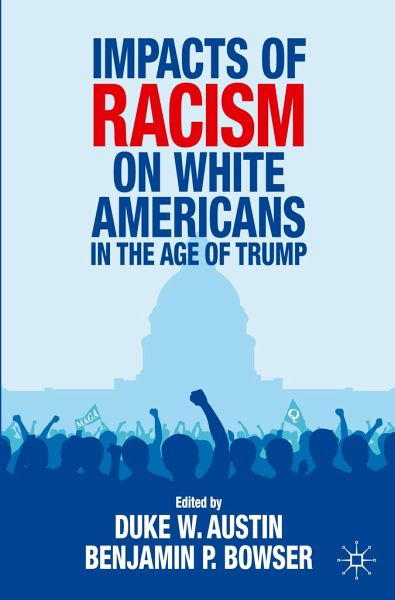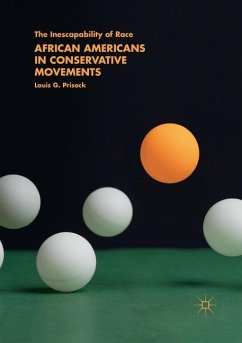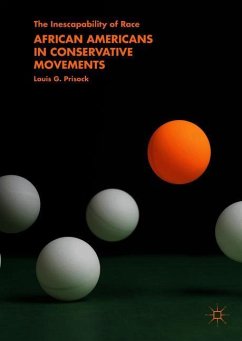
Impacts of Racism on White Americans In the Age of Trump

PAYBACK Punkte
21 °P sammeln!
In this third iteration of the classic work The Impacts of Racism on White Americans (1981, 1996), a new generation of scholars make the case that racism often negatively affects Whites themselves, especially during the Trump era. In 1981, Impacts introduced an alternative understanding of racism, arguing that it went beyond white-black and/or inter-race relations. Instead, the book proposed that the problem of race in the U.S. is fundamentally one of white identity and culture and that racism has substantial negative effects on White Americans. This volume advances these propositions through ...
In this third iteration of the classic work The Impacts of Racism on White Americans (1981, 1996), a new generation of scholars make the case that racism often negatively affects Whites themselves, especially during the Trump era. In 1981, Impacts introduced an alternative understanding of racism, arguing that it went beyond white-black and/or inter-race relations. Instead, the book proposed that the problem of race in the U.S. is fundamentally one of white identity and culture and that racism has substantial negative effects on White Americans. This volume advances these propositions through three key areas: (1) Trump-era cultural and institutional racism, bolstered by the use of historical notions of racial hierarchy; (2) institutional and interpersonal racism, which in turn drive individual racist behaviors; and finally, (3) racism's interactional sequences and how they impact anti-racism efforts. As each chapter author explores an iteration of these racisms, they also explore how racist attitudes produce disadvantage among White Americans.












